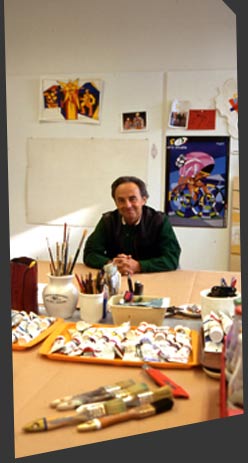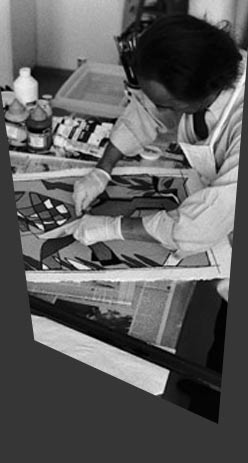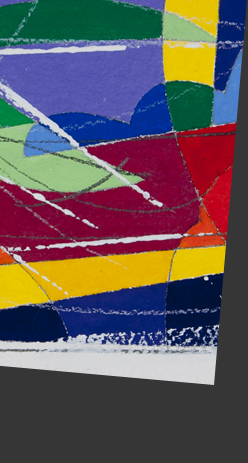The 1970s saw Nespolo abandon his more militant, group-based work in order to concentrate on auteur experiments closer to his artistic oeuvre. Indeed, Un Supermaschio, Andare a Roma, Il Faticoso Tempo della Sicurezza and Le Porte Girevoli all demonstrate Nespolo’s desire to create a personal film poetic which embraces both the world of art and the world of film. Obviously, by the mid-1970s much had changed in the artistic milieu of Turin since the 1960s when it was still possible for artists to exchange ideas on an ongoing basis. Moreover, following the confirmation of video technology as the principle medium of cinematographic expression it was no longer possible to pursue the poetics of celluloid film. However, video complicated things not only from a theoretical point of view. Indeed, the new range of possibilities for artistic expression offered by the video medium meant that many more filmmakers were able to go beyond the boundaries of the worlds of film and art in the way that only eclectic artists such as Nespolo had done with celluloid film. Only one key aspect of Nespolo’s work remained un-captured on video: his capacity to shift from one level to another, to play with images and to convey the concept of fun.
Nespolo is a filmmaker-filmartist intent on enacting a personal creative process by touching, caressing and filming the bodies of others of his ilk. What he creates is nevertheless film.




